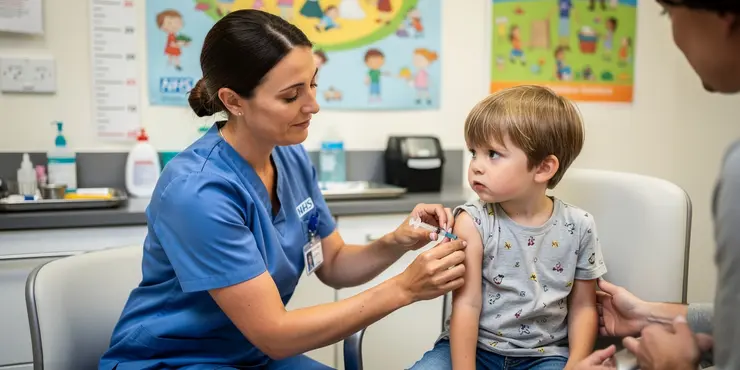
Find Help
More Items From Ergsy search
-
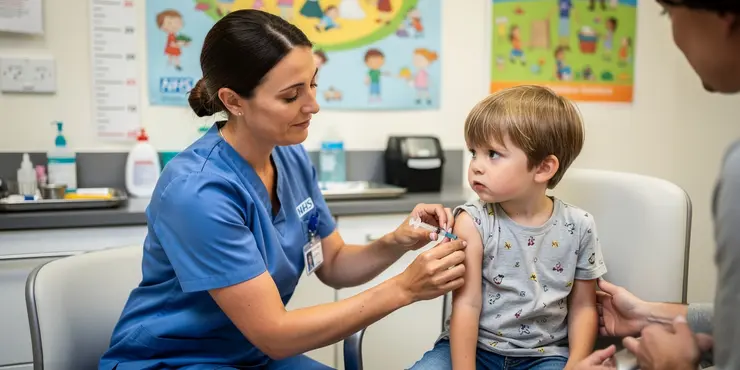
Who is at higher risk of contracting meningitis?
Relevance: 100%
-

What is meningitis?
Relevance: 46%
-
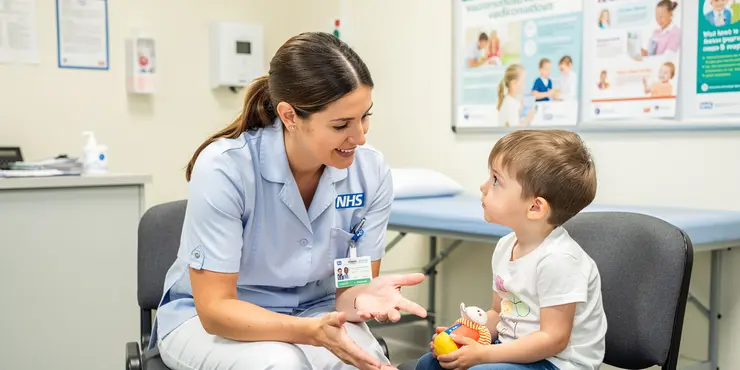
Can meningitis be prevented?
Relevance: 45%
-
Is meningitis contagious?
Relevance: 45%
-
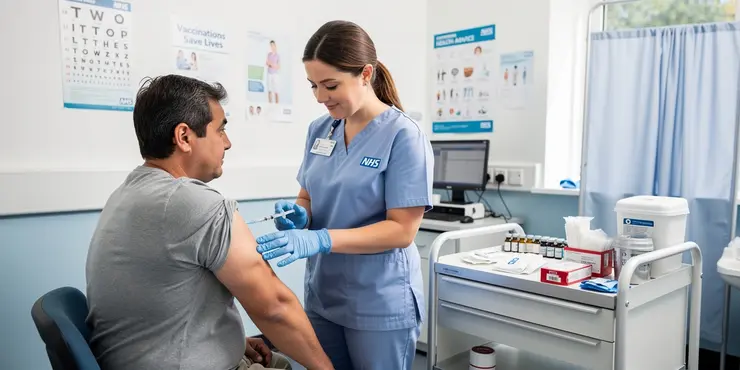
Should health care workers get the meningitis vaccine?
Relevance: 44%
-
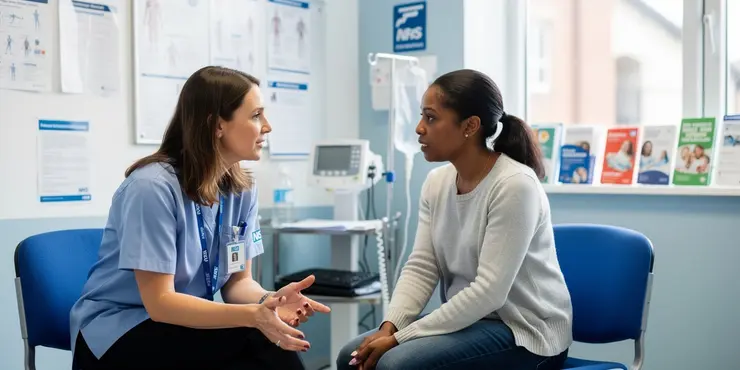
What are the main types of meningitis?
Relevance: 43%
-
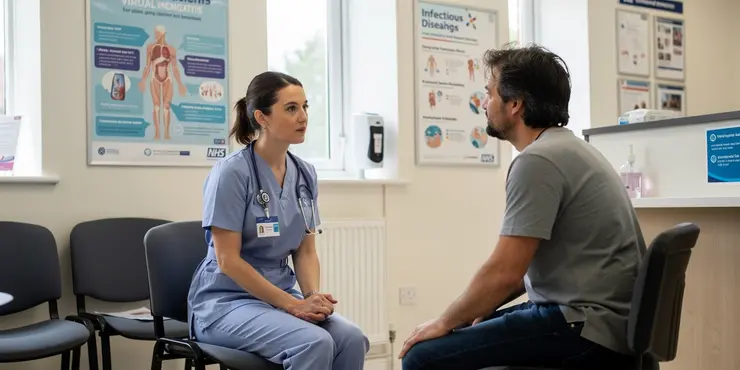
What causes viral meningitis?
Relevance: 42%
-
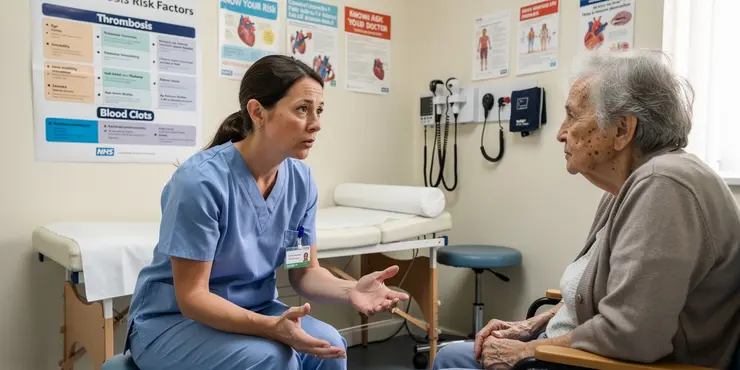
Who is at higher risk for thrombosis?
Relevance: 41%
-
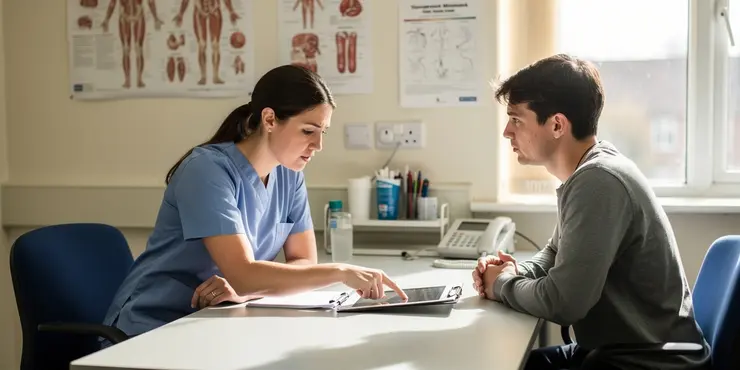
What causes bacterial meningitis?
Relevance: 40%
-
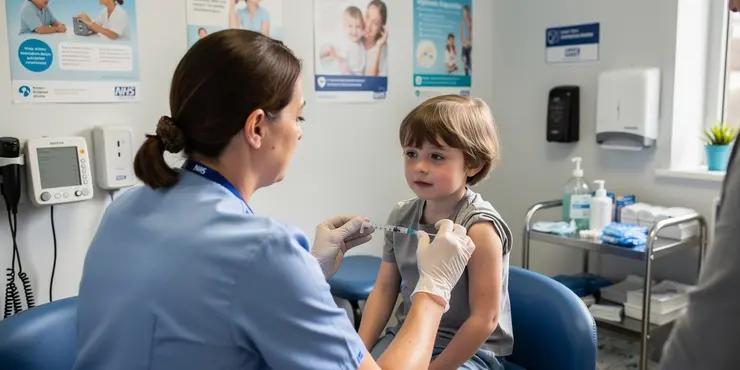
Are there vaccines for meningitis?
Relevance: 40%
-
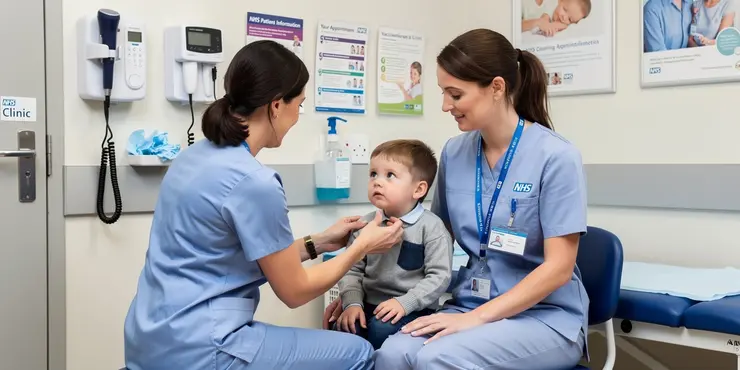
How serious is bacterial meningitis?
Relevance: 40%
-
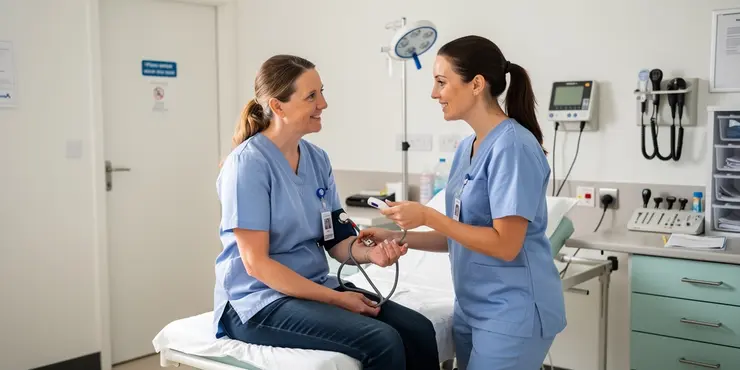
Why is meningitis a medical emergency?
Relevance: 39%
-
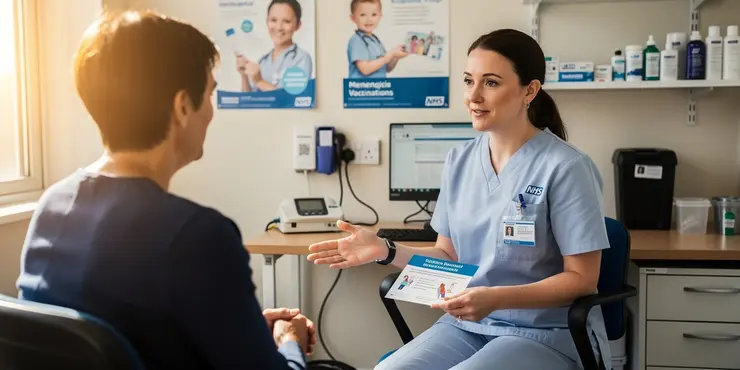
Are adults over 25 recommended for meningitis vaccination?
Relevance: 39%
-
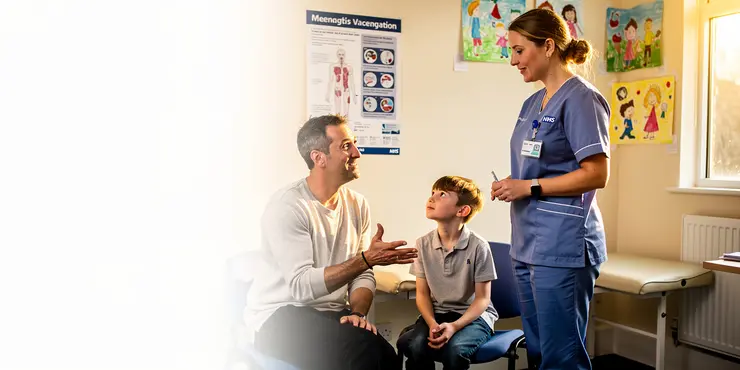
Who should get a meningitis vaccination?
Relevance: 39%
-
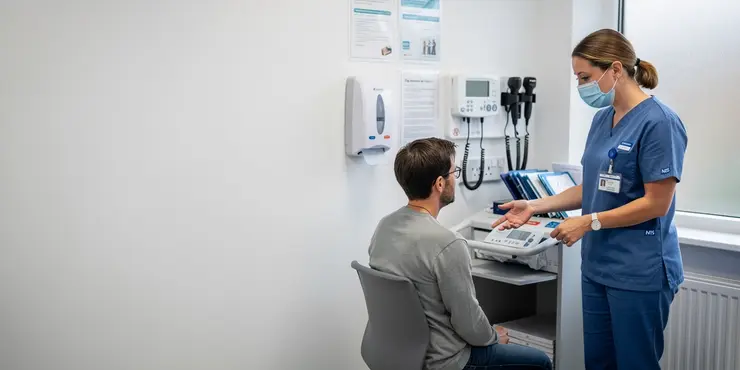
How is viral meningitis spread?
Relevance: 39%
-
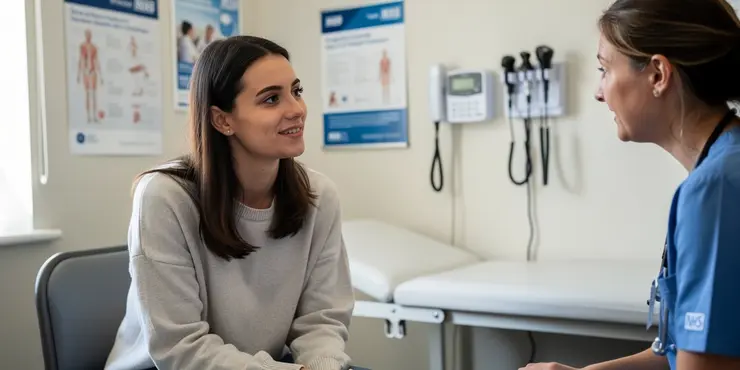
Are there any specific groups that should prioritize meningitis vaccination?
Relevance: 39%
-
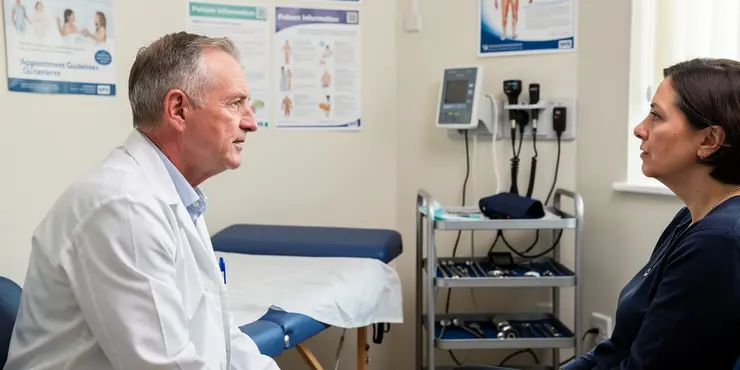
What is non-infectious meningitis?
Relevance: 39%
-

What populations are at higher risk for E. coli infections?
Relevance: 38%
-
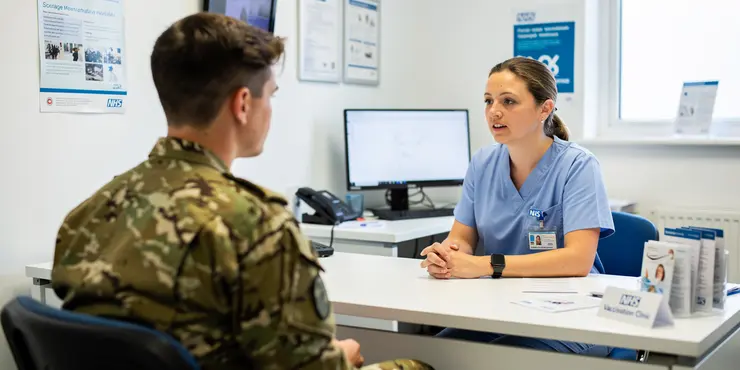
Is meningitis vaccination required for military recruits?
Relevance: 38%
-
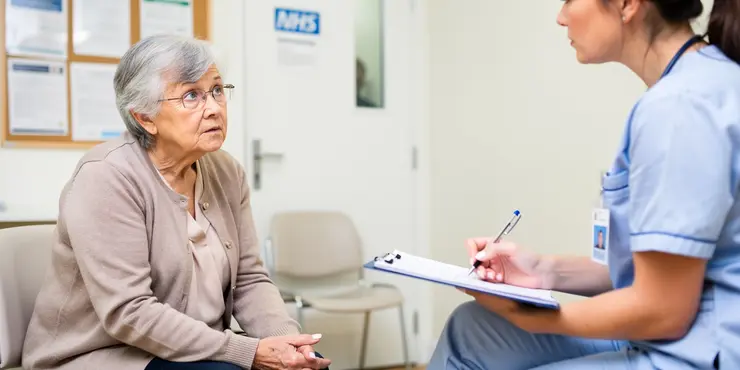
Is vaccination recommended for seniors against meningitis?
Relevance: 37%
-
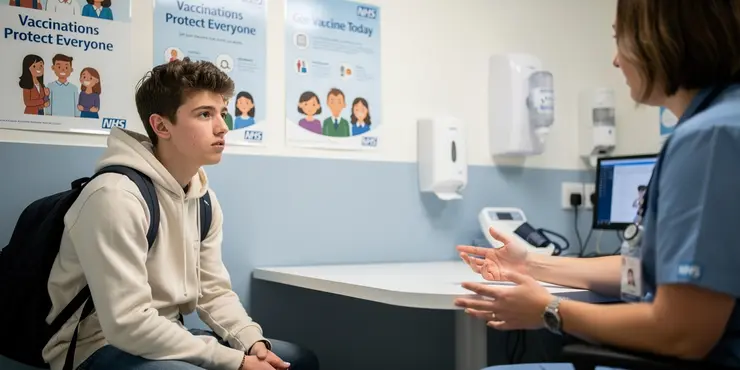
Should college students get the meningitis vaccine?
Relevance: 37%
-
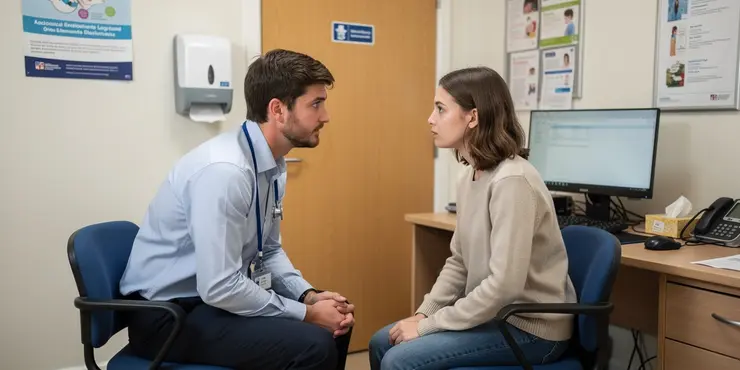
Can meningitis cause long-term complications?
Relevance: 37%
-
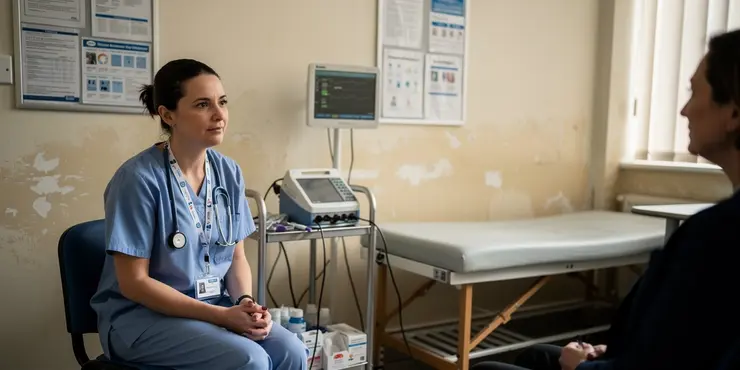
What is the prognosis for viral meningitis?
Relevance: 37%
-
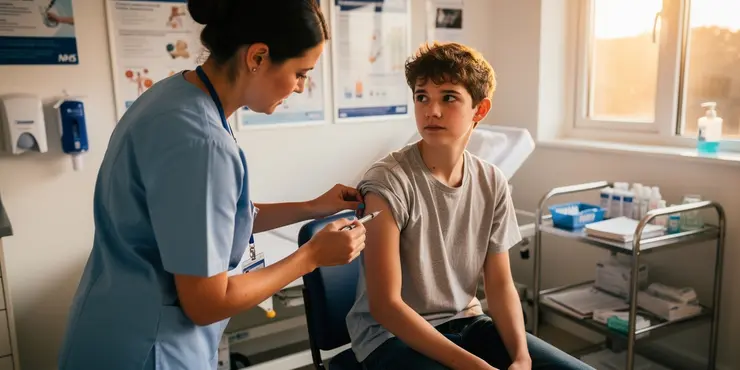
Does the CDC recommend meningitis vaccines for adolescents?
Relevance: 36%
-
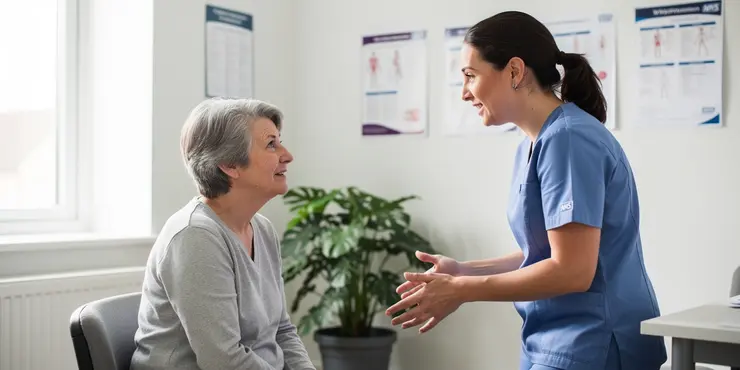
What is a smart contract?
Relevance: 35%
-
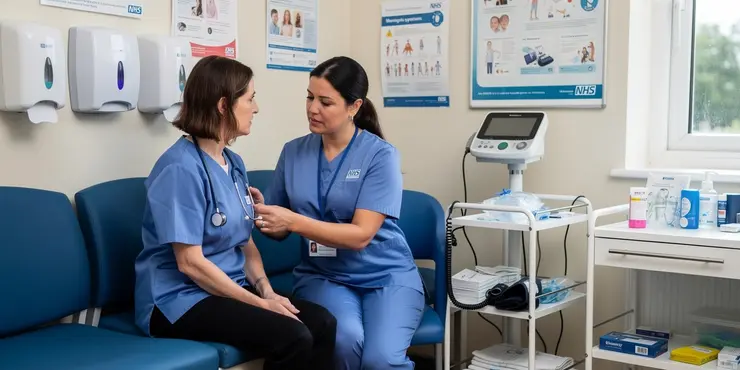
How is meningitis diagnosed?
Relevance: 35%
-
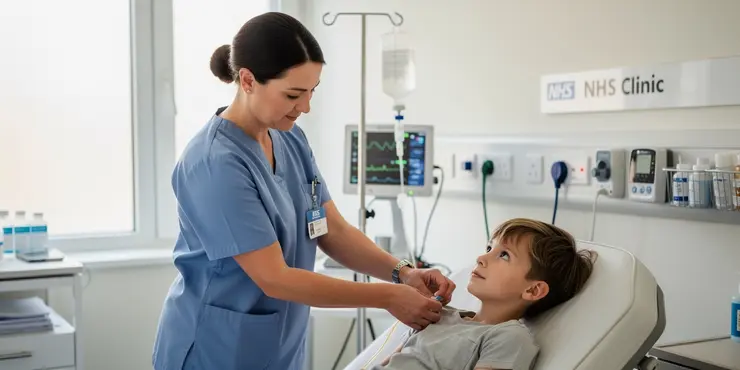
What is the treatment for bacterial meningitis?
Relevance: 35%
-
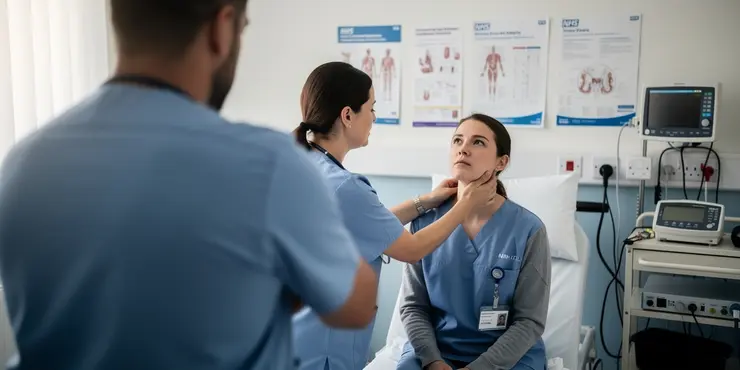
What are common symptoms of meningitis?
Relevance: 35%
-

Do people who have had meningitis in the past need to be vaccinated?
Relevance: 34%
-
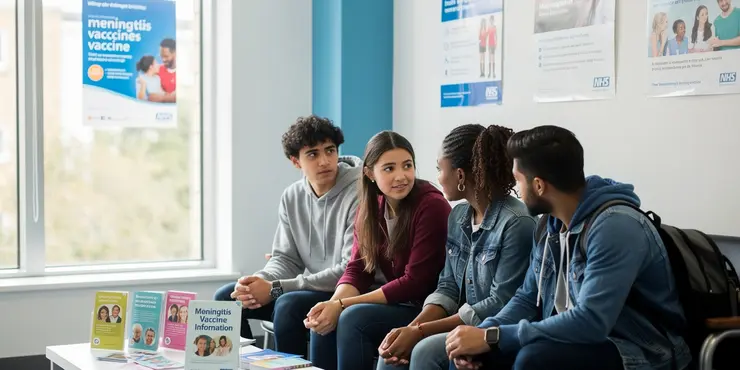
Do international students need the meningitis vaccine?
Relevance: 34%
-

Is it better to sign up for a long-term or short-term contract?
Relevance: 34%
-

What are the signs of meningitis in infants?
Relevance: 34%
-
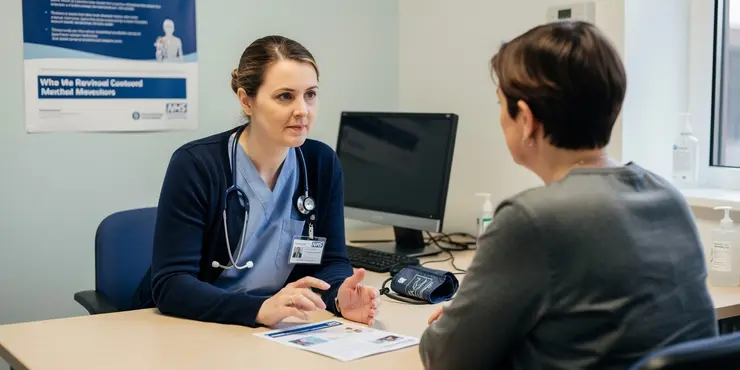
Are there any countries at higher risk for Marburg virus outbreaks?
Relevance: 34%
-
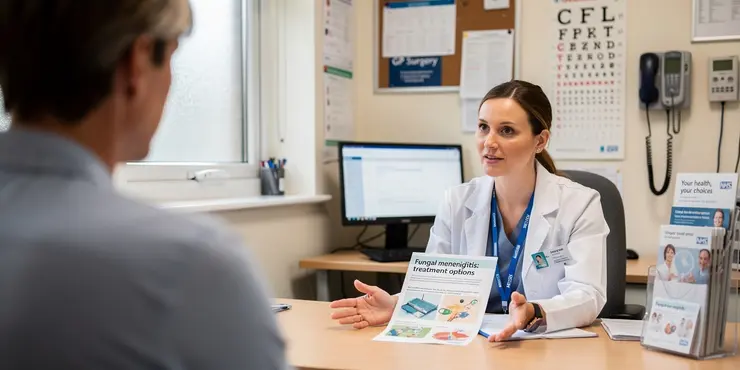
How is fungal meningitis treated?
Relevance: 34%
-
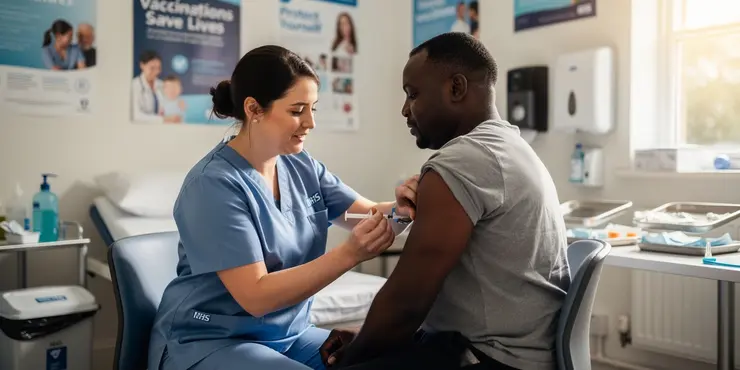
What are the guidelines for meningitis vaccination for HIV-infected individuals?
Relevance: 33%
-
What are the meningitis vaccination recommendations for travelers to Hajj or Umrah?
Relevance: 31%
-

What professions are at higher risk of methanol exposure?
Relevance: 30%
-

Are zero-hour contract workers entitled to the National Living Wage?
Relevance: 28%
-

Can dengue fever be contracted in the UK?
Relevance: 28%
-
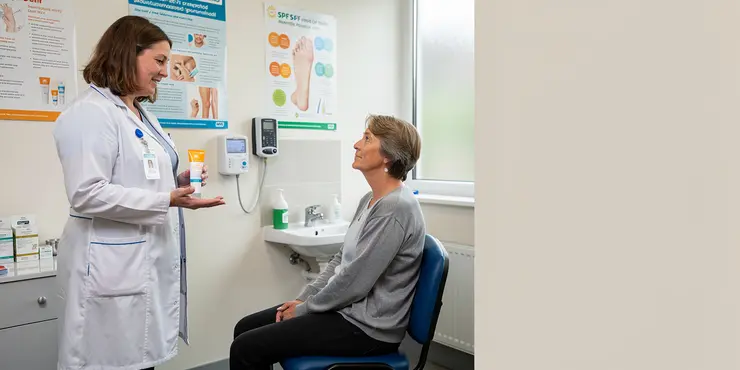
Is a higher SPF always better?
Relevance: 28%
Who is at Higher Risk of Contracting Meningitis?
Meningitis is a serious condition characterized by the inflammation of the membranes surrounding the brain and spinal cord. While it can affect anyone, certain groups are at a higher risk of contracting meningitis. Understanding who is most susceptible can aid in taking preventive measures and seeking timely medical intervention.
Infants and Young Children
Infants and young children are particularly vulnerable to meningitis due to their developing immune systems. In the UK, bacterial meningitis is most common in children under five, with the highest incidence in babies under one-year-old. This age group is more susceptible as they have not yet built immunity to many common pathogens, and they cannot be vaccinated against all forms of bacterial meningitis. Vaccination programs targeting certain strains, like the MenB vaccine, aim to protect young children.
Teenagers and Young Adults
Another high-risk group is teenagers and young adults, especially those aged 15 to 24. This demographic is particularly prone to contracting meningococcal disease, a severe form of bacterial meningitis. The social behaviors typical of this age group, such as close living quarters in universities and communal settings, can increase the transmission of the bacteria. In response, the UK has implemented vaccination programs targeting teenagers, such as the MenACWY vaccine, which helps protect against several strains of meningococcal bacteria.
Individuals with Compromised Immune Systems
Individuals with weakened immune systems, whether due to underlying health conditions, ongoing treatments like chemotherapy, or medications that suppress the immune response, are at increased risk. Such individuals may struggle to fend off infections, making them more susceptible to meningitis. It is crucial for these individuals to consult healthcare providers about appropriate preventive measures and vaccinations.
Travelers to Endemic Areas
People traveling to regions with high rates of meningitis are also at elevated risk. Specific parts of the world, such as the "meningitis belt" in sub-Saharan Africa, have high incidences of the disease. Travelers to these areas are advised to get vaccinated against meningitis well before their trip to ensure adequate protection.
Community Living Situations
Living in community settings, such as student dormitories, military barracks, or refugee camps, increases the risk of meningitis. The close quarters facilitate the spread of infectious agents, including those causing meningitis. Measures such as vaccination, maintaining personal hygiene, and awareness can help mitigate these risks.
Conclusion
Meningitis remains a serious health threat, particularly to specific high-risk groups such as young children, teenagers, individuals with compromised immune systems, travelers to endemic regions, and those in communal living situations. Awareness and proactive measures, including appropriate vaccinations and hygiene practices, are vital in reducing the risk of contracting this potentially life-threatening condition.
Who Might Get Meningitis More Easily?
Meningitis is a serious illness. It makes the brain and spine swell. Anyone can get it, but some people have a higher chance. Knowing who might get it more easily can help us stop it and get help quickly.
Babies and Young Children
Babies and young kids can get meningitis more easily. This is because their bodies are still growing and getting strong. In the UK, most cases happen in children under 5, especially babies under 1 year old. They get sick easily because they haven’t had all their shots yet. Some vaccines can help protect them, like the MenB vaccine.
Teenagers and Young Adults
Teens and young adults, especially those 15 to 24 years old, are also at risk. They can get a bad kind of meningitis called meningococcal disease. Being close to others at school or college can spread the illness. This is why there are vaccines like the MenACWY vaccine to help protect them.
People with Weak Immune Systems
Some people have weak immune systems. This can be due to health problems, treatments like chemo, or certain medicines. Their bodies find it hard to fight off sickness, which makes meningitis more dangerous for them. It’s important for them to talk to their doctor about staying safe and getting the right vaccines.
Travelers to Certain Places
People who travel to places where meningitis is common, like parts of Africa, are at risk. It’s important to get a vaccine before going to these places to stay safe.
Living with Many People
Living with many people, like in student dorms, army bases, or refugee camps, can make meningitis spread easily. To stay safe, getting vaccinated, keeping clean, and knowing about the illness can help a lot.
In Summary
Meningitis is a serious sickness. Babies, teens, people with weak immune systems, travelers, and those living with many others are at higher risk. Knowing the risks and getting vaccines can keep people safe. Always remember to stay clean and talk to your doctor about getting the right shots.
Frequently Asked Questions
What is meningitis?
Meningitis is an inflammation of the protective membranes covering the brain and spinal cord, known as the meninges. It can be caused by infections from viruses, bacteria, or other microorganisms, and sometimes by certain medications.
Who is at a higher risk of contracting bacterial meningitis?
Infants, young children, and adolescents are at higher risk, as well as people with weakened immune systems, those living in crowded environments, such as college dormitories, and people with certain medical conditions.
Are college students at increased risk for meningitis?
Yes, college students, especially freshmen living in dormitories, are at a higher risk due to close living quarters and social behaviors that increase exposure.
How does age affect the risk of contracting meningitis?
Infants under the age of one have the highest risk of bacterial meningitis. Young adults and teenagers are also at increased risk for certain types, particularly those that are contagious.
Why are infants and young children more susceptible to meningitis?
Their immune systems are not fully developed, making it easier for bacteria and viruses to infect the central nervous system.
Are people with compromised immune systems more likely to contract meningitis?
Yes, individuals with compromised immune systems due to conditions like HIV, or those undergoing chemotherapy, have a higher risk of contracting meningitis.
Can lifestyle factors increase one's risk for meningitis?
Yes, behaviors like smoking, excessive alcohol consumption, and certain social behaviors can increase the risk of meningitis, especially bacterial forms.
Does travel affect the risk of contracting meningitis?
Travelers to sub-Saharan Africa or other regions where meningitis is common may be at increased risk. Vaccination is recommended for travelers to these areas.
Are people with certain medical conditions at higher risk for meningitis?
Yes, individuals with conditions such as a cochlear implant, splenic dysfunction, or diabetes may have an elevated risk of contracting meningitis.
How does meningitis spread in crowded living conditions?
Meningitis can spread quickly in crowded conditions such as dormitories, military barracks, or camps, where close contact and coughing can transmit bacteria or viruses.
Why are people who have had meningitis before at higher risk?
Previous meningitis infections can sometimes result in lingering vulnerabilities or conditions that increase susceptibility to subsequent infections.
Are there genetic factors that increase the risk of meningitis?
Yes, genetic factors such as certain immune system deficiencies can increase susceptibility to both viral and bacterial meningitis.
Can vaccinations reduce the risk of meningitis?
Yes, vaccines are available for several types of bacterial meningitis, and they are recommended for individuals at higher risk.
Who should receive the meningococcal vaccine?
It is recommended for all preteens and teens, those living in dormitories, travelers to high-risk areas, and individuals with certain medical conditions.
How does social behavior impact meningitis risk?
Close contact activities like kissing, sharing drinks, or living in close quarters can facilitate the spread of meningitis-causing bacteria or viruses.
How do public health outbreaks affect meningitis risk?
During outbreaks, the risk of contracting meningitis can significantly increase, particularly for those in affected areas or populations.
Are healthcare workers at risk for contracting meningitis?
Healthcare workers may be at risk if they are exposed to patients with meningitis without appropriate precautions. Protective measures can mitigate this risk.
Can head or spinal cord injuries increase the risk of meningitis?
Yes, injuries that allow bacteria to bypass the normal protective barriers can increase the risk of developing meningitis.
How does poor hygiene affect the risk of getting meningitis?
Poor hygiene can facilitate the transmission of infectious agents that cause meningitis, particularly in crowded or communal living environments.
What role does nutritional status play in meningitis risk?
Malnutrition can weaken the immune system, increasing an individual's risk of contracting infectious diseases, including meningitis.
What is meningitis?
Meningitis is an illness.
It makes the brain and spinal cord swell.
If someone has it, they might feel very sick. They need to see a doctor quickly.
Signs might be:
- Headache
- Fever (feeling very hot)
- Stiff neck
If reading is hard, tools like audiobooks or text-to-speech apps can help.
Meningitis is when the coverings around the brain and spine get swollen. These coverings are called the meninges. Meningitis can happen because of germs like viruses and bacteria. Sometimes, certain medicines can also cause it.
Who can catch bacterial meningitis more easily?
Babies, young kids, and teenagers can get sick more easily. People who have weak bodies, live in crowded places like college dorms, or have certain health problems are also at higher risk.
Do college students have a higher chance of getting meningitis?
Meningitis is an illness that affects the brain and spine. College students might have a higher chance of getting it. This is because they live close together, like in dorms.
If you are a college student, it's important to know how to stay safe. Here are some tips:
- Get the meningitis vaccine. It helps protect you from getting sick.
- Wash your hands often to keep germs away.
- Avoid sharing drinks or food with others.
- If you feel sick, see a doctor right away.
Reading tools, like text-to-speech, can also help you understand better. Listening to the information can make it easier to remember.
Yes, college students, like first-year students who live in dorms, have a higher chance of getting sick. This is because they live close together and often do things that can spread germs.
How does age change the chance of getting meningitis?
Babies younger than one year have the biggest chance of getting bacterial meningitis. Teenagers and young adults also have a higher chance of getting some types, especially the ones that spread easily.
To help understand this text, it might be useful to have someone read it with you. You can use pictures to learn about germs and how they spread. Remember, it is always okay to ask for help if you find some words hard to understand.
Why do babies and young children get meningitis more easily?
Babies and young kids can get sick with meningitis easier because their bodies are still growing. Their immune system, which helps fight germs, is not as strong as in older kids and adults.
If you find it hard to read, you can ask an adult or teacher for help. You can also read aloud to understand better, or use pictures to help you learn.
Kids' bodies are still growing, so their immune systems aren't strong yet. This makes it easier for germs to make them sick.
Do people with weak immune systems get meningitis more easily?
People with weak immune systems can get sick more easily. Meningitis is a disease that makes the brain and spine sick. If your immune system is not strong, you might catch it more easily.
Some things can help:
- Use simple words to understand information.
- Ask a doctor to explain things clearly.
- Use tools like pictures or videos to learn.
- Talk to someone who can help you understand.
Yes, people with weak immune systems, like those with HIV or going through cancer treatment, have a higher chance of getting meningitis.
Can the way you live make it easier to get meningitis?
Yes, doing things like smoking, drinking a lot of alcohol, and some social activities can make it more likely to get meningitis. This is especially true for the type caused by bacteria.
Can traveling make you more likely to get meningitis?
If you are going to visit places in sub-Saharan Africa or other areas where people often get meningitis, you might have a higher chance of getting sick. It is a good idea to get a vaccine before you travel to these places.
Can some health problems make it easier to get meningitis?
Yes, some people can get sick with meningitis more easily. People with cochlear implants, problems with their spleen, or diabetes might have a higher chance of getting it.
How does meningitis spread in crowded living conditions?
Meningitis is an illness that can make you very sick. It happens when the covering of the brain and spinal cord swells.
Meningitis spreads easily where lots of people are close together, like in crowded places.
The disease spreads by tiny drops that come out when someone coughs, sneezes, or talks.
To stay safe, wash your hands often, cover your mouth when you cough or sneeze, and avoid sharing drinks or utensils with others.
If someone feels sick and has signs of meningitis, they should see a doctor right away.
Tools that can help:
- Picture Cards: Use pictures to show how to wash hands and cover your mouth.
- Videos: Watch videos about how sickness spreads and how to stop it.
Meningitis can spread fast in places with lots of people. This happens in places like school dorms, where soldiers sleep, or camps. When people are close together, they can spread germs by coughing.
Why Are People Who Had Meningitis Before at Higher Risk?
Meningitis is a sickness. It makes the brain and spine swell.
If someone had meningitis before, their body might be weaker. This means they can get sick again more easily.
Here are some ways to stay healthy and safe:
- Visit the doctor regularly.
- Get vaccines to protect against germs.
- Wash hands often to keep germs away.
If someone had meningitis before, they might get sick more easily later on. Their body might not fight off new infections as well.
Can genes make it more likely to get meningitis?
Yes, some people have genes that can make them get sick more easily. This means they might catch diseases like viral and bacterial meningitis more often.
If reading is hard, try using audiobooks or text-to-speech tools. They can read the words out loud for you.
Do vaccines help stop meningitis?
Vaccines are shots that keep you from getting sick. Some vaccines can help stop meningitis. Meningitis is a sickness of the brain. Getting your shots can help you stay safe.
If reading is hard, try these tips:
- Ask someone to read with you.
- Look at pictures that help explain the words.
- Use a reading tool that reads out loud.
Yes, there are shots that help stop some kinds of bacterial meningitis. Doctors think people who might catch it should get these shots.
Who should get the meningococcal vaccine?
The meningococcal vaccine helps protect you from getting sick. It is important for certain people to get this vaccine.
Here are some people who should get it:
- Teens and young adults
- People who are going to college and living in dorms
- People traveling to countries where the disease is common
- Anyone with a weak immune system
If you are not sure if you need this vaccine, ask a doctor or a nurse. They can help you decide.
Using pictures or charts may help you understand who should get the vaccine.
This is important for kids who are 11 to 18 years old, people who live in group homes or schools, travelers going to places where they could get sick, and people who have special health needs.
How does the way people act together change the chance of getting meningitis?
Being close to someone, like kissing them or sharing drinks, can help spread germs that cause meningitis. Living together in the same space can also make it easier for germs to spread.
How do sickness outbreaks change meningitis risk?
Sickness outbreaks are times when lots of people get sick. When this happens, it might be easier for meningitis to spread.
Meningitis is an illness that makes the brain and spine swell up. It's really important to be careful during outbreaks.
Things you can do to stay safe:
- Wash your hands often with soap and water.
- Stay away from people who are sick.
- Get vaccines to protect yourself.
Talk to a doctor or nurse if you want more help or information.
When there is an outbreak, more people can get sick with meningitis, especially in places where the disease is spreading. This means that the chances of catching meningitis are higher for people living there.
Can healthcare workers catch meningitis?
Healthcare workers help sick people. Sometimes, they can catch illnesses too. Meningitis is a sickness that can spread. But, healthcare workers have special training to stay safe.
To stay safe, healthcare workers:
- Wash their hands often.
- Wear gloves and masks.
- Get vaccines to protect from certain illnesses.
If you work in healthcare, talk to your doctor for tips on staying healthy. You can also use picture charts as reminders to wash hands and wear protective gear.
Doctors and nurses need to be careful if they are near someone with meningitis. They should wear the right clothes and gear to stay safe.
Can getting hurt in the head or spine make it easier to get meningitis?
Meningitis is when bad germs make the brain or spine sick.
If you hurt your head or spine, it might make it easier to get meningitis.
If you have questions, ask a doctor or nurse. They can help you understand better.
Some people use pictures or videos to learn more about it.
Yes, if you get hurt and germs get inside, it can make you sick with something called meningitis.
How can bad hygiene make it easier to get meningitis?
Not keeping clean can help germs spread. These germs can make people sick with meningitis. This can happen a lot when many people live close together.
How does what we eat affect our chance of getting meningitis?
Our food is important for staying healthy. Eating the right foods helps our body fight germs.
Meningitis is a sickness that can make us very ill. Our body's strength to fight this sickness can depend on how healthy we are.
Eating fruits and vegetables can make our bodies strong. They help us fight getting sick.
If you find reading hard, using a text-to-speech tool can help. This tool reads the words to you. Also, reading with someone else can make learning easier and fun.
Not eating well can make the body's defense system weak. This means you could get sick more easily. One sickness you can get is called meningitis.
Useful Links
This website offers general information and is not a substitute for professional advice.
Always seek guidance from qualified professionals.
If you have any medical concerns or need urgent help, contact a healthcare professional or emergency services immediately.
Some of this content was generated with AI assistance. We’ve done our best to keep it accurate, helpful, and human-friendly.
- Ergsy carfully checks the information in the videos we provide here.
- Videos shown by Youtube after a video has completed, have NOT been reviewed by ERGSY.
- To view, click the arrow in centre of video.
- Most of the videos you find here will have subtitles and/or closed captions available.
- You may need to turn these on, and choose your preferred language.
- Go to the video you'd like to watch.
- If closed captions (CC) are available, settings will be visible on the bottom right of the video player.
- To turn on Captions, click settings .
- To turn off Captions, click settings again.
More Items From Ergsy search
-

Who is at higher risk of contracting meningitis?
Relevance: 100%
-

What is meningitis?
Relevance: 46%
-

Can meningitis be prevented?
Relevance: 45%
-
Is meningitis contagious?
Relevance: 45%
-

Should health care workers get the meningitis vaccine?
Relevance: 44%
-

What are the main types of meningitis?
Relevance: 43%
-

What causes viral meningitis?
Relevance: 42%
-

Who is at higher risk for thrombosis?
Relevance: 41%
-

What causes bacterial meningitis?
Relevance: 40%
-

Are there vaccines for meningitis?
Relevance: 40%
-

How serious is bacterial meningitis?
Relevance: 40%
-

Why is meningitis a medical emergency?
Relevance: 39%
-

Are adults over 25 recommended for meningitis vaccination?
Relevance: 39%
-

Who should get a meningitis vaccination?
Relevance: 39%
-

How is viral meningitis spread?
Relevance: 39%
-

Are there any specific groups that should prioritize meningitis vaccination?
Relevance: 39%
-

What is non-infectious meningitis?
Relevance: 39%
-

What populations are at higher risk for E. coli infections?
Relevance: 38%
-

Is meningitis vaccination required for military recruits?
Relevance: 38%
-

Is vaccination recommended for seniors against meningitis?
Relevance: 37%
-

Should college students get the meningitis vaccine?
Relevance: 37%
-

Can meningitis cause long-term complications?
Relevance: 37%
-

What is the prognosis for viral meningitis?
Relevance: 37%
-

Does the CDC recommend meningitis vaccines for adolescents?
Relevance: 36%
-

What is a smart contract?
Relevance: 35%
-

How is meningitis diagnosed?
Relevance: 35%
-

What is the treatment for bacterial meningitis?
Relevance: 35%
-

What are common symptoms of meningitis?
Relevance: 35%
-

Do people who have had meningitis in the past need to be vaccinated?
Relevance: 34%
-

Do international students need the meningitis vaccine?
Relevance: 34%
-

Is it better to sign up for a long-term or short-term contract?
Relevance: 34%
-

What are the signs of meningitis in infants?
Relevance: 34%
-

Are there any countries at higher risk for Marburg virus outbreaks?
Relevance: 34%
-

How is fungal meningitis treated?
Relevance: 34%
-

What are the guidelines for meningitis vaccination for HIV-infected individuals?
Relevance: 33%
-
What are the meningitis vaccination recommendations for travelers to Hajj or Umrah?
Relevance: 31%
-

What professions are at higher risk of methanol exposure?
Relevance: 30%
-

Are zero-hour contract workers entitled to the National Living Wage?
Relevance: 28%
-

Can dengue fever be contracted in the UK?
Relevance: 28%
-

Is a higher SPF always better?
Relevance: 28%


